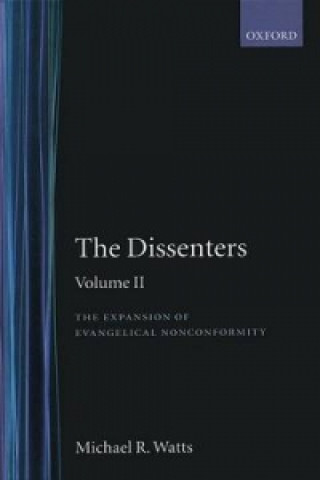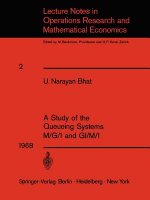
Kézbesítés
Vásárlási tanácsadó





Nem vált be? Semmi gond! Nálunk 30 napon belül visszaküldheti
 Ajándékutalvány
bármilyen értékben
Ajándékutalvány
bármilyen értékben
Ajándékutalvánnyal nem nyúlhat mellé. A megajándékozott az ajándékutalványért bármit választhat kínálatunkból.
Dissenters: Volume II: The Expansion of Evangelical Nonconformity
 Angol
Angol
 1267 b
1267 b
30 nap a termék visszaküldésére
Ezt is ajánljuk


The expansion of Evangelical Nonconformity was one of the most important developments in English and Welsh history in the late eighteenth and early nineteenth centuries. In eighty years the number of Nonconformist chapels increased ten-fold, and by 1851, nearly one person in five worshipped in such chapels. For millions of people the gospel preached and the religion practised in these chapels determined their choice of marriage partners, conditioned the upbringing of their children, and moulded their family life. Religion pervaded education, shaped morals, controlled leisure, provided music and literature, motivated philanthropy and decided political loyalties. In this, the second of a projected three-volume history of Dissent, Michael Watts argues that while the Quakers constituted an increasingly wealthy but numerically declining community of businessmen, farmers, and retailers, and that in many towns the Unitarians formed a vibrant, progressive, intellectual elite, the appeal of Nonconformity was primarily to the poor, the ill-educated, and the unsophisticated. The working-class adherents of Evangelical Nonconformity vastly outnumbered those of political radicalism, trade unionism, or Chartism, and Dissent was a major factor in making a section of the working class respectable, thus contributing to the social harmony of the 1850s and 1860s. The history of late Georgian and Victorian England and Wales, argues Dr Watts, cannot be understood without a knowledge of Nonconformity.
Információ a könyvről
 Angol
Angol




 Hogyan vásároljunk
Hogyan vásároljunk






















